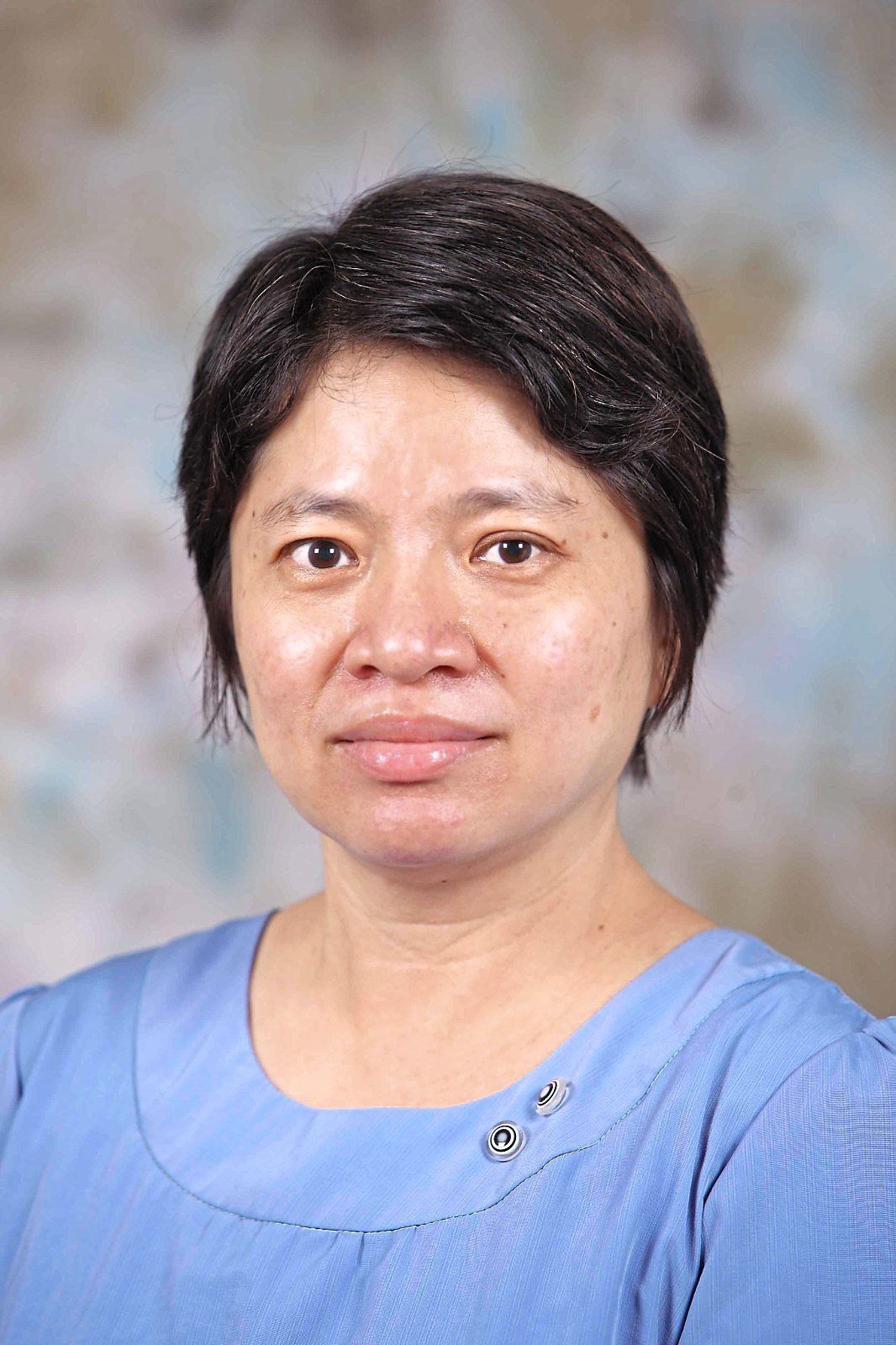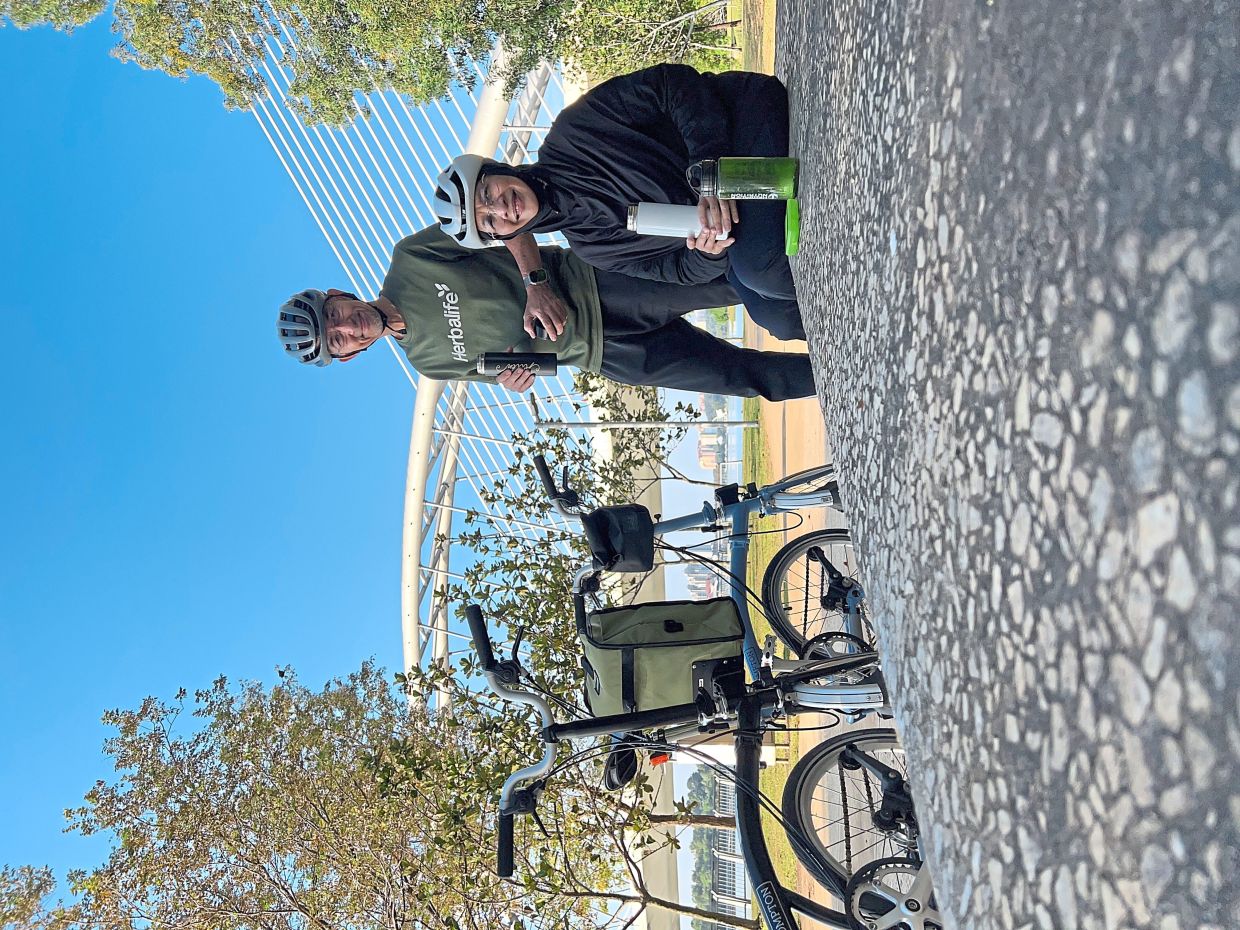At the 2025 Petaling Jaya Half Marathon in August, 91-year-old Ong Kim Hwa made headlines after he completed the men’s senior veteran 10km category in less than two hours.
The Seremban nonagenarian’s achievement broke the stereotype of “old” and reminded everyone that age does not have to limit one’s physical abilities.
Healthy ageing expert Prof Dr Chan Yoke Mun says this isn’t an isolated case. In other countries like Australia, Taiwan and Japan, older adults are often more physically active than many younger people.
“If you go to a park early in the morning, you’ll notice that it’s often the older folks who are exercising,” she says.
Prof Chan, from the Department of Dietetics, Faculty of Medicine and Health Sciences, Universiti Putra Malaysia (UPM), adds that it is a myth that senior citizens cannot engage in sports.
“Being active in later life is both safe and beneficial as long as it is done appropriately. Of course, before starting any exercise programme, they should ensure their condition is fit for what they are doing,” says the head of the medical gerontology programme at the Malaysian Research Institute on Ageing.
However, unlike Ong, many seniors in Malaysia are not physically active, which is important for healthy ageing.
In fact, the National Health and Morbidity Survey consistently shows that about 50% of Malaysians are physically inactive.
“Many of us don’t exercise as regularly as we should, and on top of that, we lead very sedentary lives like spending long hours sitting at work, at home or in front of screens,” she says.
“It’s important to understand that being physically active and reducing sedentary behaviour are two different but equally important goals,” she adds.
Prof Chan emphasises that seniors can and should exercise, but it must be tailored to their individual health conditions.
“There’s a physical activity pyramid specifically designed for older adults and it includes walking, gardening, climbing stairs and even housework. These should form part of their daily life to keep them active,” she says.
Seniors should also do aerobic exercises like brisk walking, cycling, swimming or even dancing (such as line or ballroom dancing) to help maintain their cardiovascular health.
“But aerobic exercises alone don’t do much to improve balance or muscle strength, essential for preventing falls. That’s why they should also incorporate strength and balance exercises such as tai chi, yoga, light weightlifting or resistance bands. These help build muscles, improve coordination and reduce the risk of falls, which is crucial for older adults,” she adds.

Delaying diseases
While it’s true that the risk of diabetes, hypertension and heart disease increases with age, these illnesses are not an inevitable part of ageing.
“If we look at countries like Japan and some in Europe where people live much longer, we see that many older adults enjoy good health well into their later years. This is largely because they maintain a healthy lifestyle,” she says.
Prof Chan is one of the experts working with Herbalife in the latter’s effort to empower Malaysians to lead a healthy and active life.
She says healthy behaviours can significantly delay or even prevent the onset of many non-communicable diseases (NCDs).
“The evidence is very strong. Large-scale cohort studies such as the Harvard Nurses’ Health Study and the Health Professionals Follow Up Study have demonstrated that by adopting low-risk lifestyle factors, individuals can add more than a decade of disease-free life expectancy,” she says.
In South-East Asia, countries like Singapore and Thailand are performing better in healthy ageing, she says. Malaysia, on the other hand, continues to face significant challenges, largely due to the high burden of non-communicable diseases.
“The probability of death from NCDs for individuals between 30 and 70 years old is about 20% for Malaysia, 9.5% for Singapore and 13.7% for Thailand. So Malaysia is considered higher risk compared to Thailand and Singapore, but we are doing better than Indonesia and the Philippines, which recorded 25%.”
Ways to age better
Prof Chan believes seniors should adopt a balanced diet by reducing sugar, salt and highly processed foods while ensuring that they eat enough vegetables and fruits, whole grains, legumes and protein.
She also advocates for regular health screenings since they allow earlier diagnosis and intervention.
When it comes to social engagement, Prof Chan says initiatives like Pawe (Pusat Aktiviti Warga Emas) established across the country provide opportunities for older adults to join exercise classes, participate in skill-based workshops and take part in social gatherings.
“The University of the Third Age (U3A), which was introduced by researchers at UPM to promote lifelong learning, also enables seniors to acquire new knowledge, hobbies and friendships. We also have community and faith-based organisations in churches, mosques, temples and local NGOs that organise health talks and social events,” she says.
These not only provide information but also create spaces for connection and support for older people.

Finding balance
A well-balanced diet is essential for everyone, and this remains true as we get older. There are also specific guidelines, such as the Malaysian Dietary Guidelines for Older Persons published in 2023, which provide detailed recommendations tailored to seniors.
Prof Chan says many old adults in Malaysia and other countries have insufficient protein intake, and this is worrying because protein is one of the important nutrients for maintaining physical function as we age.
Hydration, she says, is also often overlooked.
“Older adults often have a reduced sense of thirst, so they don’t feel they are thirsty, which makes them prone to dehydration. And when they are dehydrated, their metabolism and digestion are affected,” she adds.
Older adults need to pay a little bit more focus and attention to certain nutrients like calcium because of the risk of developing osteoporosis, and protein because they can have lower muscle mass and strength if the protein intake is insufficient.
Prof Chan says the goal for older adults is to maintain appropriate nutritional status, not to lose weight.
“They should be neither too thin as that could put them at risk of malnutrition, nor should they be overweight as it can cause overnutrition and related health issues,” she adds.
“They should maintain healthy body composition with enough muscle mass while keeping body fat within the healthy range, so their functional status is balanced,” she concludes.


